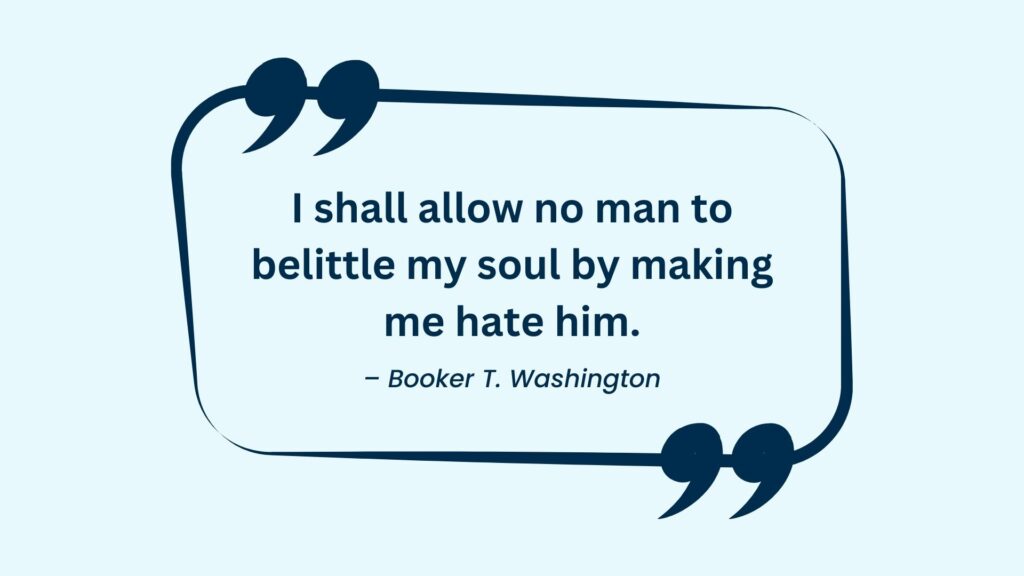Table of Contents
- 1 Why do students take up the IB?
- 2 Frequently Asked Questions (FAQs)
- 2.1 Q1: What are the benefits of pursuing the IB curriculum in India?
- 2.2 Q2: How can I choose the right IB school in India?
- 2.3 Q3: How can I balance IB coursework with other commitments in India?
- 2.4 Q4: How can I prepare for the IB exams in India?
- 2.5 Q5: How can I make the most of my IB experience in India?
If you were one of those students who had just completed the rigorous two-year long IB Programme and for some reason, whether it be Covid or something else, had to pursue your further education in India, then keep reading because this one’s for you.
Why do students take up the IB?
One of the main reasons students pursue the IBDP in India, is ultimately to go abroad for university (possibily even ivy leagues). Unlike CBSE or ICSE, the IB is globally recognized and gives you a slight upper hand if you’ve performed well. This is because the IB not only demonstrates your academic abilities, but also various other skills. It shows how well you can balance your personal and school life. Their approach to learning and teaching allows IB students to develop lifelong skills and attributes such as critical thinking, international mindedness, creativity, agency, and resilience. This is what provides students with a competitive edge, aiding them to recieve admission to various universities and careers, supporting the smooth transition to university and ultimately perform better when they graduate from university. These skills are honed through the ability to learn and apply, research, documentation, extracurricular activities, philosophy, etc.
There are two main reasons why the IB may not be worth it for students pursuing their higher education in India:
Acceptance of the IB diploma program in Indian colleges:
As the majority of the schools that provide IB have examinations that take place in the May session, most Indian universities close their applications by the time students receive their results. While the IB does provide predicted grades, not all universities accept them. In fact, not all colleges accept the IB. Even if it is accepted, the conversion of IB scores to Indian percentages is quite unclear. Additionally, the majority of the schools accepting the IB diploma in indian colleges are only located in Mumbai and Delhi. This may be a struggle for south Indian students especially as they may find it difficult to relocate and learn the language. Therefore, the question of fairness comes into play here.
Entrance examinations: The timings of the examinations further continues to be troublesome as it may overlap with the dates when entrance exams take place. This automatically closes out multiple options for the students, thus narrowing down their opportunities. While students from the other boards are much more prepared for competitive entrance tests like JEE or NEET, being an IB student makes it much more difficult to study for the entrance tests simultaneously.
The international baccalaureate diploma programme doesn’t just revolve around academics. It is much more than that. Let’s take a pause on the colleges that accept the IB diploma. In order to even receive the diploma, students must also satisfy the core component requirements. One of these components is known as CAS (Creativity, activity and service). Alongside their academics, students take part in various other extra-curricular activities of three strands. IB students also engage in various other extra curricular activities, thus allowing no time left to allocate for anything else. This might be quite inconvenient and stressful for the student.
Also Read: A guide to taking the IBDP
https://tychr.com/a-guide-to-taking-the-ibdp/
After having gone through the rigorous process of the IBDP and having outperformed in it, you’ve realised that your dreams of going to university abroad has been crushed. At this point you feel like the past two years accounted to nothing. From personal experience, I’m going to show you how it can be so much more.
- Your life doesn’t end here. You’ve got a long way to go. There will be various opportunities for you to go abroad during your education and career. There will be summer programs, semester exchanges as well as post graduation. So while you are still in India, the only thing you can do is make the best out of it.
- Try to aim for the best colleges in India. There are chances of getting accepted to the best colleges using the IB diploma This way it will increase your chances of getting into a great post graduation course as well as your preferred career choice. Depending on the field in which you want to pursue your career in, you will be able to find the top colleges accordingly. For example, Ashoka university is known to be one of the best. It not only has the best professors, but also has a much more modern approach to the education system, emulating that of what you would have had if you had gone abroad.
- The college experience is like no other. You will meet people from all parts of the country and world and you will learn something from each and every one of them. You will realise how much value people can add on to your life, and that will help you grow. You will also meet other IB students you can get along with and bond over the amount of pain you went through in the past two years.
- It’s good to start small. If you had always lived in one city with your parents, now is a good opportunity for you to explore another city and learn to be independent before you leave the country.
- The first two semesters will be easy for you. You’re used to the hustle and bustle; all of the documentation, presentations, studying will be like a piece of cake. You can even use all the research that you’ve done during IB to save time and effort.
- You will always feel like you’re at home. Surrounded by the people you can relate to, hearing the languages you speak, immersing yourself in the food and culture, you can never get homesick.
While it can be a bummer at the start, you will realise along the way that this is going to be one of the best experiences of your life, and you will be forever grateful for it.
Frequently Asked Questions (FAQs)
Q1: What are the benefits of pursuing the IB curriculum in India?
A: The benefits of pursuing the IB curriculum in India include gaining a global perspective, developing critical thinking and analytical skills, and improving communication and interpersonal skills. The IB curriculum also emphasizes inquiry-based learning and encourages students to take responsibility for their own learning.
Q2: How can I choose the right IB school in India?
A: To choose the right IB school in India, you should consider factors such as the school’s reputation, faculty, infrastructure, and extracurricular activities. You should also visit the school and talk to current students and faculty members to get a sense of the school’s culture and values.
Q3: How can I balance IB coursework with other commitments in India?
A: To balance IB coursework with other commitments in India, it is important to prioritize your tasks and manage your time effectively. You should create a schedule that allows you to devote enough time to each subject and also leaves time for extracurricular activities, hobbies, and socializing.
Q4: How can I prepare for the IB exams in India?
A: To prepare for the IB exams in India, you should start studying early and create a study plan that covers all the subjects and topics you need to know. You should also take advantage of practice exams, study groups, and other resources available to you.
Q5: How can I make the most of my IB experience in India?
A: To make the most of your IB experience in India, you should take advantage of opportunities for personal and academic growth, such as participating in extracurricular activities, volunteering, and pursuing research projects. You should also develop strong relationships with your teachers and peers, and take an active role in your own learning.











